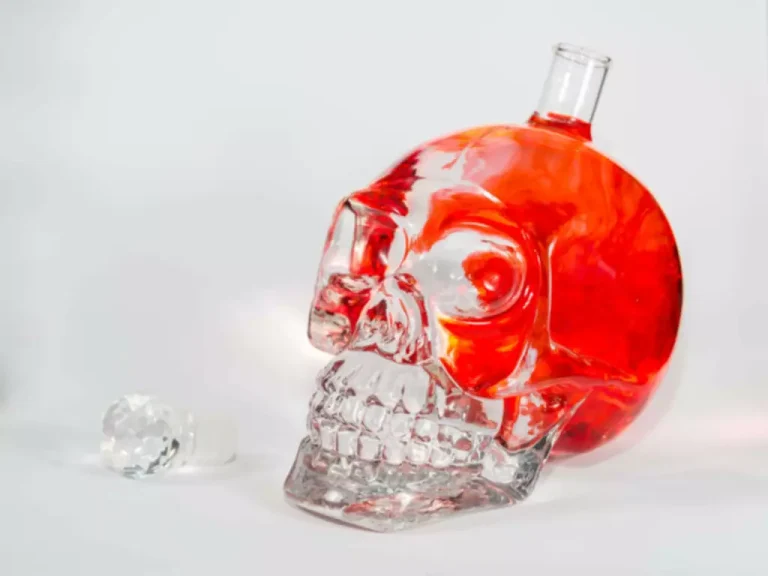
There is a significant amount of data to show that drinking large quantities of alcohol, whether it is a spirits, beer, or wine, can increase the risk of developing hypertension. Drinking alcohol may also increase blood pressure for a short amount of time even in healthy people. Rosito 1999 reported the effects of 15, 30, and 60 g of alcohol compared to placebo on healthy male volunteers. According to our pre‐specified dose categories, both 15 g and 30 g of alcohol fell under the medium dose category.
Childs 2011 published data only

Merle Myerson is a board-certified cardiologist with specialties in sports medicine, lipids, women’s health and prevention of cardiovascular disease. “Some of the new diabetes medications have a diuretic effect, and that could cause dehydration” in people with diabetes, Vaishnava says. Research shows that regular use of acetaminophen can raise blood pressure, as can how does alcohol affect blood pressure nonsteroidal anti-inflammatory drugs (NSAIDs), including ibuprofen and naproxen. If you already have high blood pressure, NSAIDs can prevent several common meds such as ACE inhibitors and diuretics from doing their job. Dr. Cho also warns that if you have liver dysfunction or take other medicines that are processed through the liver, your risks might be different.
Spirits, Beer, and Wine: Is There a Difference?

We classified the remaining studies as having high risk of bias because the protocol was not registered and the study identifier was not reported. Therefore, it is difficult to determine a priori selection of primary and secondary outcome measures for the included studies. Even though these studies reported that participants were randomised to receive alcohol or placebo, the method of randomisation was not mentioned.
- Activation of PKCɛ may protect the myocardium against ischemia–reperfusion injury by stimulating the opening of mitochondrial ATP-sensitive potassium channels.
- A recent study shows the least mortality at 100 g/week or less of alcohol, with a dose-dependent relationship between alcohol and stroke, IHD, fatal hypertensive disease, heart failure, and fatal aortic aneurysm.
- We classified the remaining studies as having high risk of bias because the protocol was not registered and the study identifier was not reported.
Just 1 alcoholic drink a day could contribute to higher blood pressure, study finds
Neurohormonal disruptions may mediate the mechanisms of harm in alcohol consumption. For example, sympathetic activation could underlie the observed BP elevation, as could the disruption of carotid baroreceptor responses that regulate BP. This disruption might be due to higher amounts of endorphins and histamine released by alcohol. The current paper, which appears in the journal Nutrients, aimed to review all current studies dealing with the association between alcohol and blood pressure.

“As you grow older, health problems or prescribed medicines may require that you drink less alcohol or avoid it completely,” the Institute says. Researchers also found that people who drank heavily were 69% more https://ecosoberhouse.com/ likely to have stage 1 hypertension than people who do not drink and 2.4 times more likely to have stage 2 hypertension. In some cases, moderate to high levels of alcohol may cause blood pressure to rise.
McDougle 1995 published data only
Irregular heartbeat
- Additionally, doses of over 240 mL were also able to reduce diastolic blood pressure.
- MAPKs are activated in response to stressful stimuli and help regulate apoptosis.
- At the time of drinking, alcohol is absorbed into the bloodstream and then carried throughout the body, with a temporary increase in heart rate and blood pressure.
- Paired with the added risk of high blood pressure, treatment and rehabilitation become even more important.

